The caddisfly stole my heart

Caroline McCoy’s two-years as an ARETS Fellow impacted and expanded her approach to teaching science profoundly.

Caroline McCoy’s two-years as an ARETS Fellow impacted and expanded her approach to teaching science profoundly.
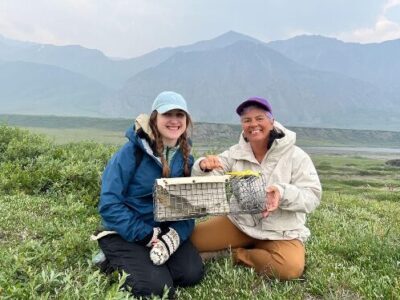
A Minnesota teacher learns about ecological phenomena in the Arctic and connects them to her students — igniting passion and curiosity.
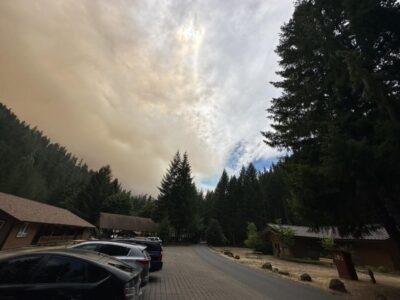
now design lessons where students analyze real datasets, compare short-term and long-term trends, and consider how disruptions—such as wildfire or limited field access—can influence scientific conclusions.
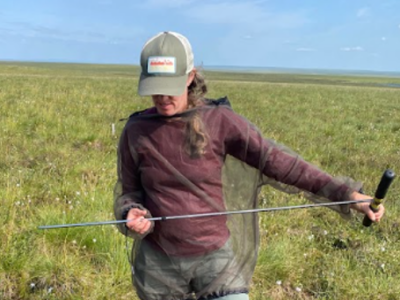
“Science and data collection doesn’t always have to have flashy gizmos and light speed computers… Methodology, consistency, simple tools and flexible minds are gold in the field. Get out there!”
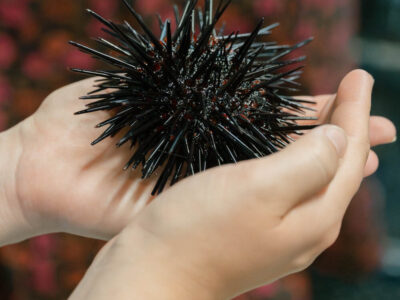
Students engaged in a productive struggle to come to terms with what data needed to be graphed before they could answer the questions.
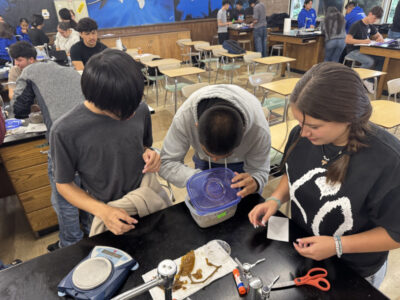
As a native of Santa Barbara, I grew up exploring the tidepools, splashing in the waves, and kayaking the waters that are now part of the Santa Barbara Coastal-LTER. Now, thanks to the ARETs program, I am better equipped to share my knowledge about this special area with my students.
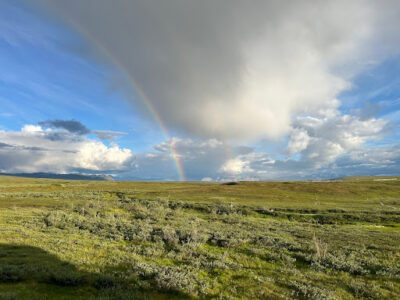
As a teacher, students often think we ‘know’ everything or should be able to explain every possible question they pose. It was refreshing to remember how science begins with ‘not knowing’. This renewed appreciation for the process of inquiry, that science is a way of asking about the world around us, was a humbling encounter.
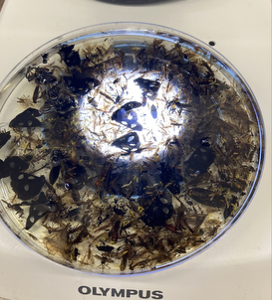
—by Rebecca Hawk If you step inside a classroom, there’s a good chance you will meet a group of funny and interesting kids and an adult who loves spending their days with them. This adult probably joined the education field with a heart full of hope or a fond memory of their schooling days. Sometimes… Read more »
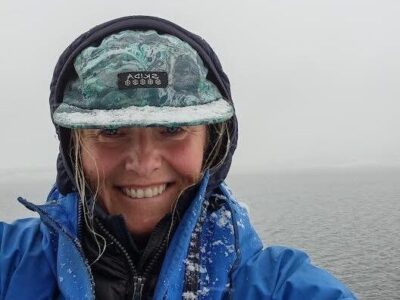
My summers at Toolik Field Station reaffirmed a simple truth: teaching and research are intertwined. Authentic field experiences can transform educators and students alike, inspiring curiosity, critical thinking, and a lifelong passion for discovery.
Each year, the LTER Network Office offers opportunities for researchers, students, or staff to propose a project that requires travel to another site. Projects include piloting cross-site sampling efforts, developing distributed experiments, sharing of lab and field methods, cooperating on joint projects, shadowing another individual, and intensive mentoring. The February Community Call, focusing on site… Read more »